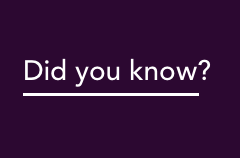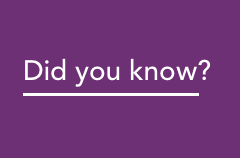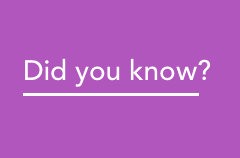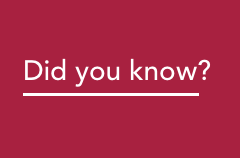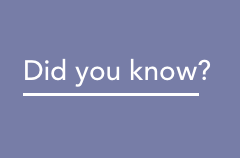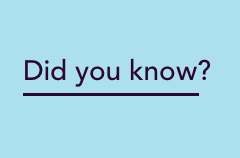Market bodies
Australia’s energy system is governed by a number of bodies and agencies, including three market bodies: AEMO, the Australian Energy Market Commission (AEMC) and the Australian Energy Regulator (AER).
Overseen by the Energy and Climate Change Ministerial Council (ECMC), formerly the COAG Energy Council, this governance framework separates decision-making on government policy, energy regulation and energy system operation.
While the market bodies work closely together to support efficient investment in, and operation of, Australia’s energy system – including collaborating as part of the Energy Advisory Panel (EAP) – each of the bodies is an independent decision-maker with clear functions, accountabilities and powers.
Australian Energy Market Operator (AEMO)
AEMO manages Australia’s electricity and gas systems and markets, helping to ensure that all Australians have access to reliable, secure and affordable energy.
Additional information
Australian Energy Market Commission (AEMC)
The AEMC is the rule-maker for Australia’s energy markets. It makes and amends the National Electricity Rules (NER), National Gas Rules (NGR) and National Energy Retail Rules (NERR), all of which are the regulatory instruments that govern the national energy markets. While the AEMC cannot propose rule changes, it manages the rule change process, and consults and decides on rule change requests made by others.
In addition, it undertakes reviews and provides advice to governments on improvements to current regulatory and market arrangements. It also monitors and reports on matters such as the level of competition in energy retail markets, future price trends and energy market performance.
The AEMC’s Reliability Panel reviews and reports on the safety, security and reliability of the national electricity system. AEMO is a key member of the panel, along with consumer groups, generators, network businesses and retailers.
Additional information
Australian Energy Regulator
The AER oversees economic regulation and rule compliance in Australia’s national energy markets. It forms part of the Australian Competition and Consumer Commission (ACCC) and enforces the rules set by the AEMC.
In the wholesale electricity and gas markets, it monitors, investigates and enforces compliance with national energy legislation and rules. It also monitors participant bidding, market dispatch and prices, network constraints and outages, and demand forecasts, and reports on market activity.
The AER regulates electricity networks and natural gas pipelines by setting the maximum amount of revenue they can earn.
It also regulates the retail sale and supply of electricity and gas in states and territories that have adopted the National Energy Retail Law (NERL). This includes monitoring compliance with the NERL and NERR, reporting on performance (including energy affordability), authorising retailers to sell energy and approving retailers’ policies for dealing with customers in hardship. In Victoria, the Essential Services Commission performs a similar role for retail functions as the NERL does not apply.
The Economic Regulatory Authority (ERA) plays a similar role in Western Australia. In the Northern Territory, the equivalent body is the Utilities Commission, although the AER has taken on some of the economic regulatory functions of the Utilities Commission in terms of energy.
Energy and Climate Change Ministerial Council
In September 2022, the National Cabinet agreed to establish the Energy and Climate Change Ministerial Council (ECMC), replacing the former Energy National Cabinet Reform Committee, which was preceded by the COAG Energy Council.
The ECMC is a forum for the Commonwealth, Australian states and territories, and New Zealand to work together with the AEMC, AEMO and the AER on priority issues of national significance and key reforms in the energy and climate change sectors.
GO15
AEMO also is a member of GO15 , a voluntary initiative of the world’s 19 largest power grid operators, who work together to improve the reliability and sustainability of global power grids.

